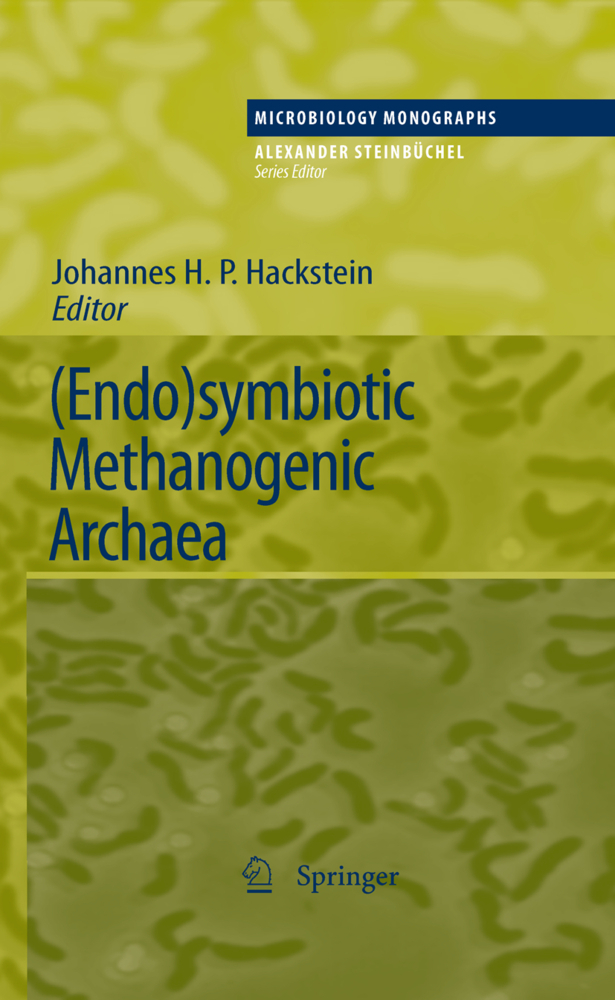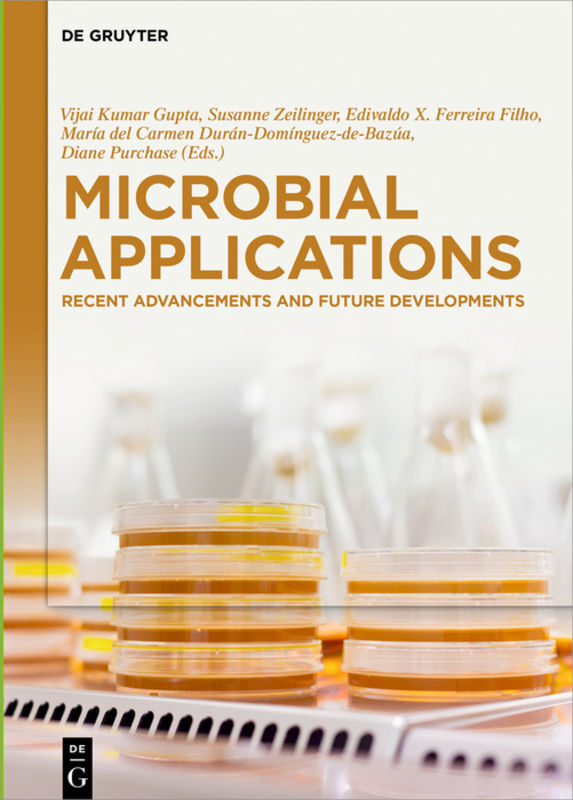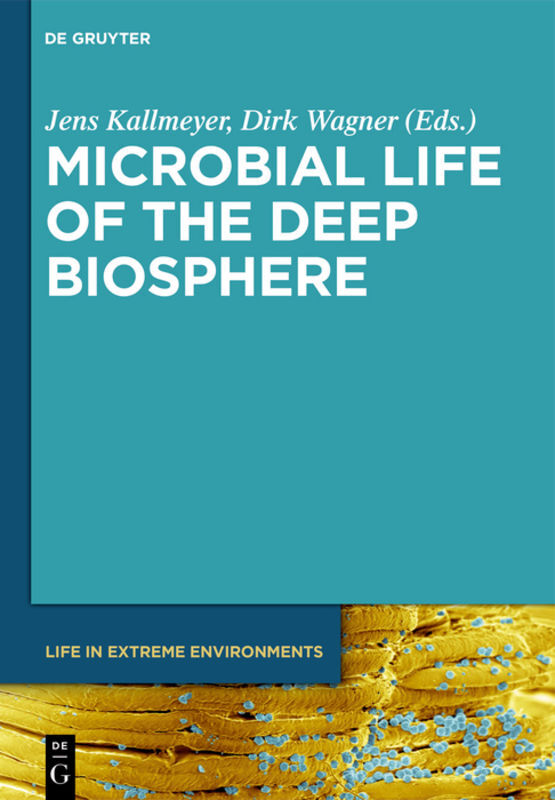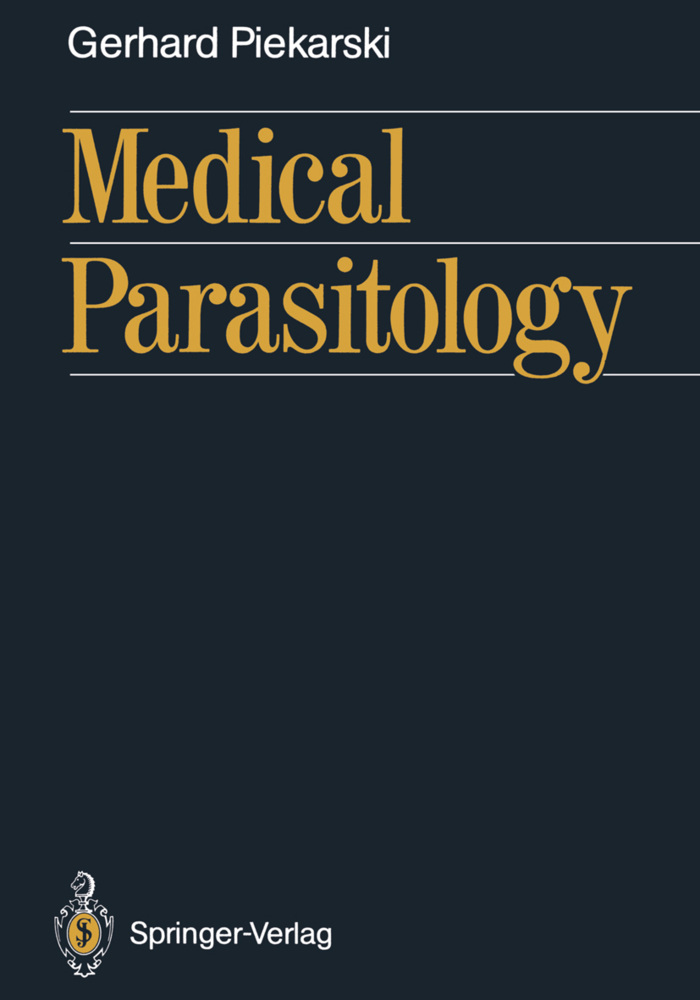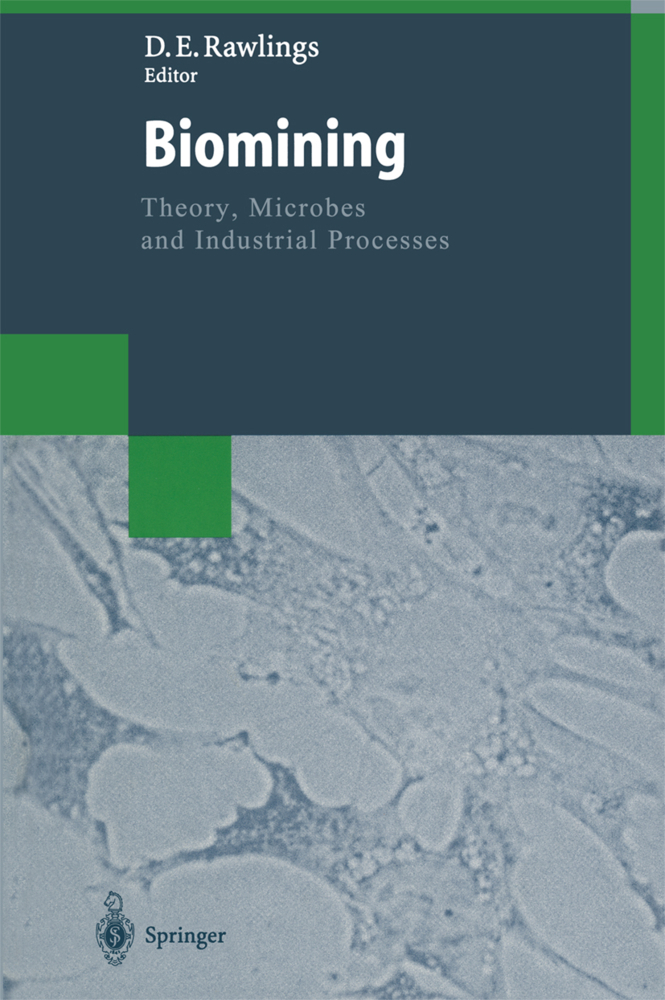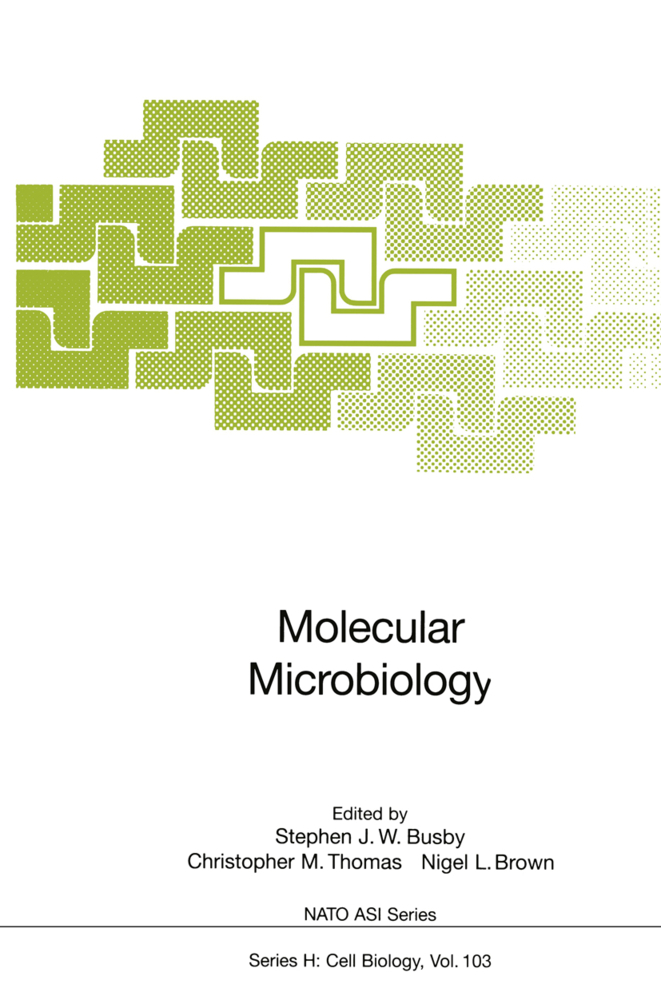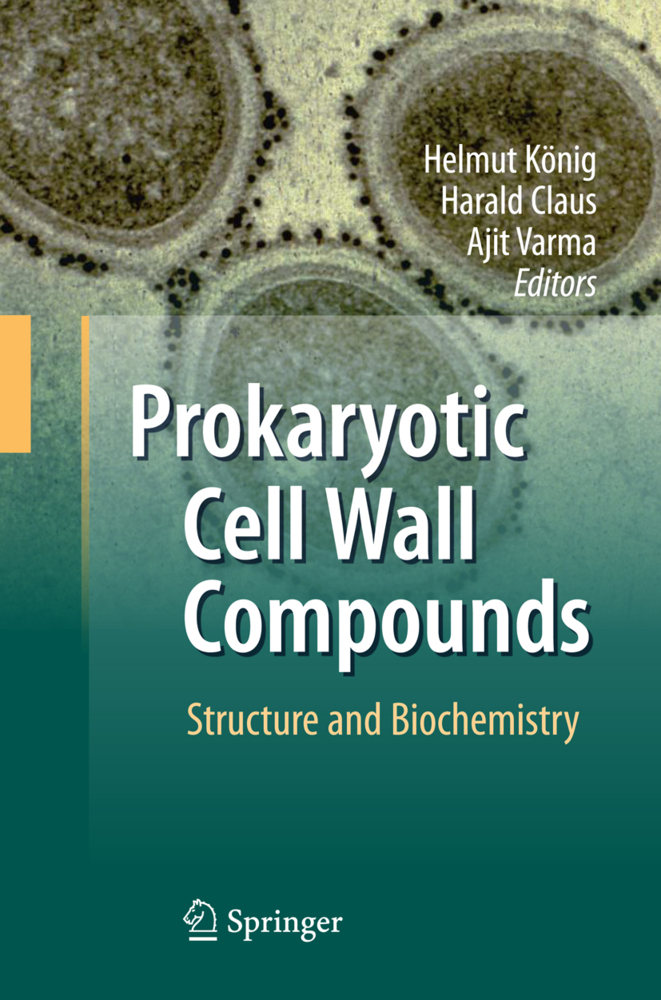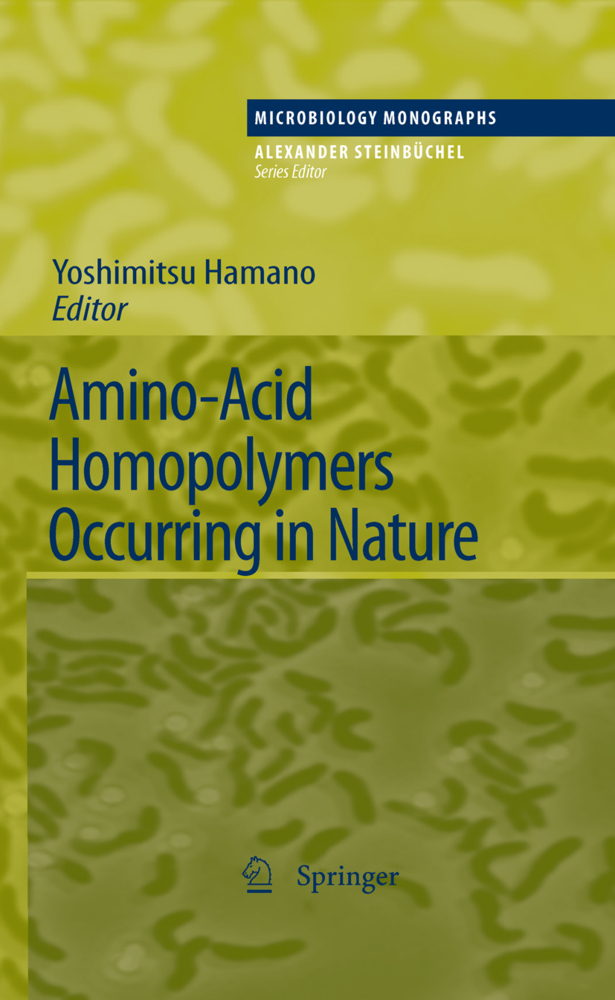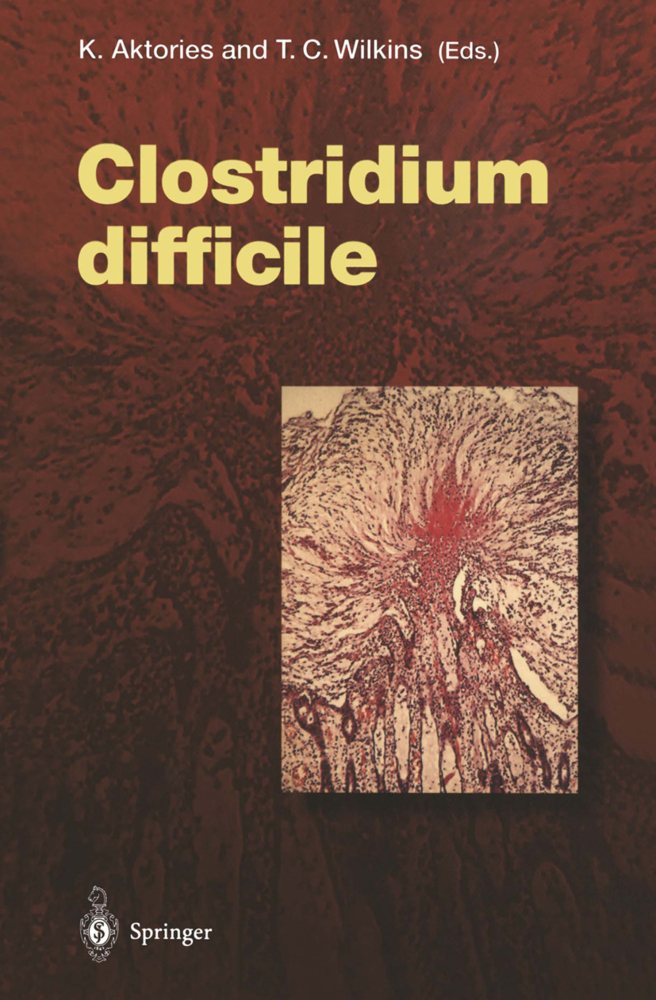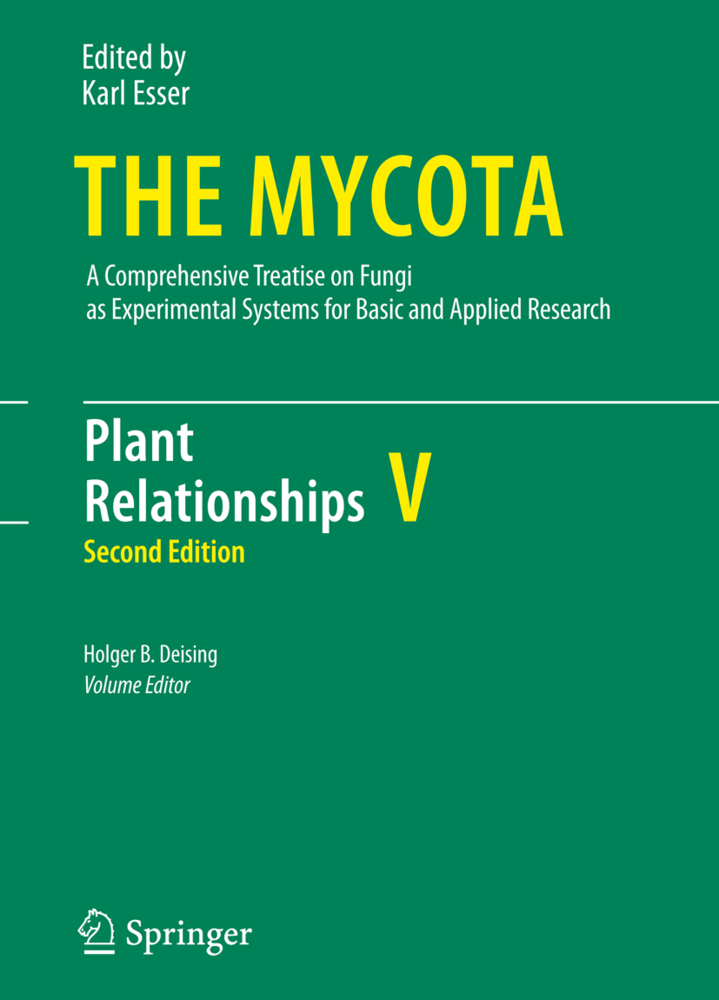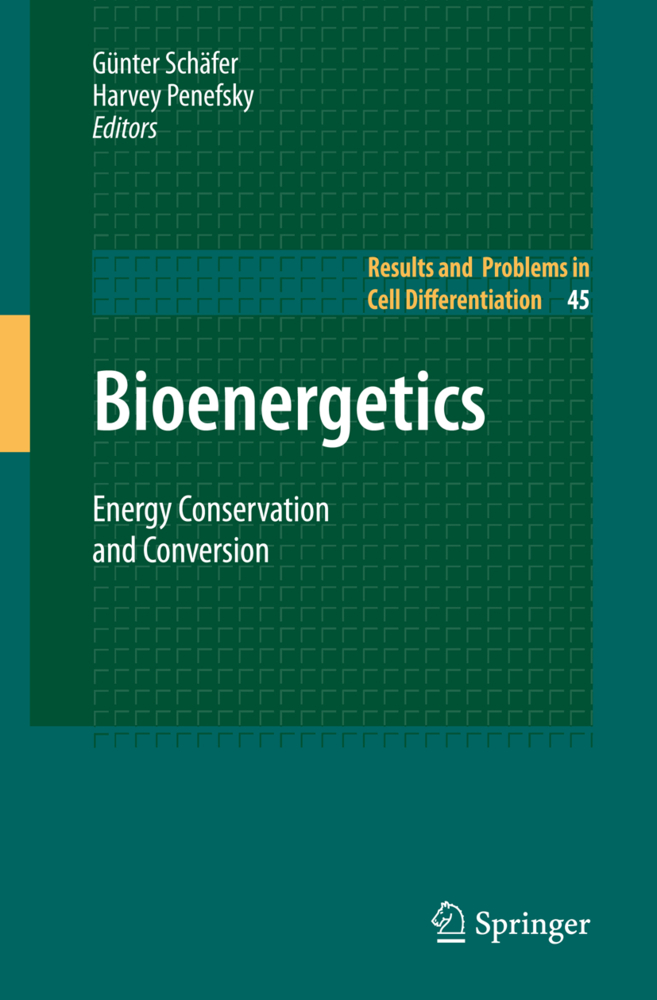(Endo)symbiotic Methanogenic Archaea
This updated monograph deals with methanogenic endosymbionts of anaerobic protists, in particular ciliates and termite flagellates, and with methanogens in the gastrointestinal tracts of vertebrates and arthropods. Further chapters discuss the genomic consequences of living together in symbiotic associations, the role of methanogens in syntrophic degradation, and the function and evolution of hydrogenosomes, hydrogen-producing organelles of certain anaerobic protists.
Methanogens are prokaryotic microorganisms that produce methane as an end-product of a complex biochemical pathway. They are strictly anaerobic archaea and occupy a wide variety of anoxic environments. Methanogens also thrive in the cytoplasm of anaerobic unicellular eukaryotes and in the gastrointestinal tracts of animals and humans. The symbiotic methanogens in the gastrointestinal tracts of ruminants and other "methanogenic" mammals contribute significantly to the global methane budget; especially the rumenhosts an impressive diversity of methanogens.
This makes this updated volume an interesting read for scientists and students in Microbiology and Physiology.
Free-Living Protozoa with Endosymbiotic Methanogens
Anaerobic Ciliates and Their Methanogenic EndosymbiontsSymbiotic Methanogens and Rumen Ciliates
The Methanogenic and Eubacterial Endosymbionts of Trimyema
Termite Gut Flagellates and Their Methanogenic and Eubacterial Symbionts
Methanogens in the Digestive Tract of Termites
Methanogenic Archaea in Humans and Other Vertebrates
Methanogens in the Gastro-Intestinal Tract of Animals
Syntrophy in Methanogenic Degradation
Hydrogenosomes
Evolution of Prokaryote-Animal Symbiosis from a Genomics Perspective.
Hackstein, Johannes H.P.
| ISBN | 978-3-642-13614-6 |
|---|---|
| Medientyp | Buch |
| Copyrightjahr | 2010 |
| Verlag | Springer, Berlin |
| Umfang | XIV, 238 Seiten |
| Sprache | Englisch |

